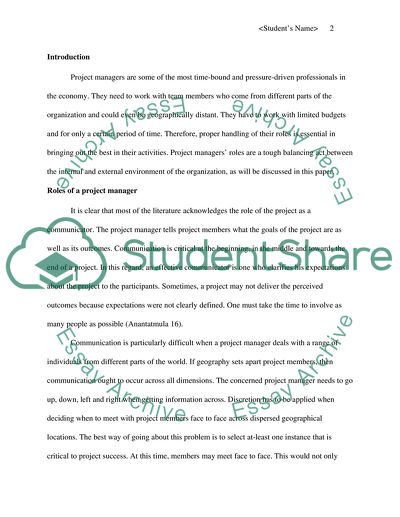Cite this document
(“Roles of a Project Manager Research Paper Example | Topics and Well Written Essays - 1500 words”, n.d.)
Retrieved from https://studentshare.org/miscellaneous/1627450-roles-of-a-project-manager
Retrieved from https://studentshare.org/miscellaneous/1627450-roles-of-a-project-manager
(Roles of a Project Manager Research Paper Example | Topics and Well Written Essays - 1500 Words)
https://studentshare.org/miscellaneous/1627450-roles-of-a-project-manager.
https://studentshare.org/miscellaneous/1627450-roles-of-a-project-manager.
“Roles of a Project Manager Research Paper Example | Topics and Well Written Essays - 1500 Words”, n.d. https://studentshare.org/miscellaneous/1627450-roles-of-a-project-manager.


